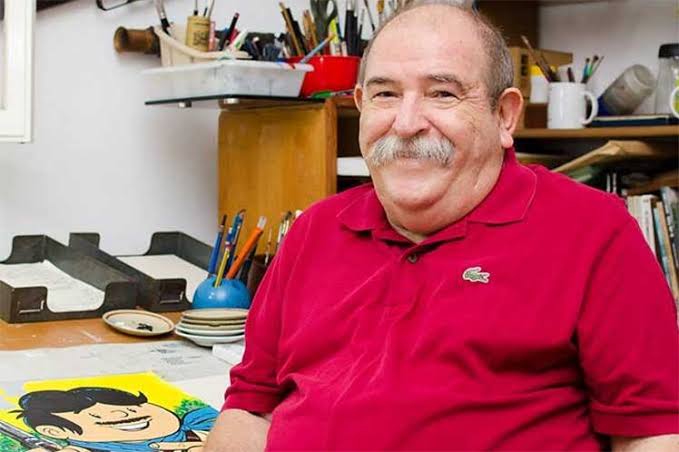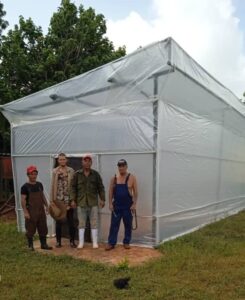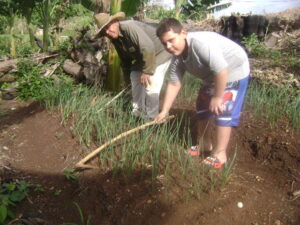Through his characters, talent and sympathy, the unforgettable Cuban caricaturist, cartoonist, illustrator, cartoonist, cartoonist, scriptwriter and film director Juan Padrón continues his never-ending adventure through national culture.
Five years after his death, Padrón (1947-2020), winner of the 2008 National Film Award, is still alive and telling stories with his animated character Elpidio Valdés, a Mambí colonel and independence fighter who today is a symbol of Cuban citizenship and patriotism and has marked several generations.
Since 1974, the outstanding cartoonist took the iconic mambí to the cinema with several short and feature films, and while he charmed the public with his charisma, he left behind memorable phrases such as ¡Eso habría que verlo, compay!
The book De historietas y animaciones: La vida de Juan Padrón, as part of the programme of the 45th edition of the Festival del Nuevo Cine Latinoamericano.
Written by audiovisual producer Aramís Acosta, the 327-page text is prefaced by Silvio Rodríguez and illustrated by visual artist Reinerio Tamayo and traces the life and work of this creator from his beginnings as a cartoonist in the magazines Mella (1963) and Pionero (1970).
A few months ago, the first two short films restored in Colombia of the animated films Elpidio Valdés contra el Tren Militar and Una aventura de Elpidio Valdés were presented in Havana.
On the occasion, the director of the Colombian Film Heritage Foundation, Alexandra Falla, highlighted Padrón as one of the ‘great fathers of cinematography in Latin America’.
Today on the island many repeat phrases from his characters and adventures such as: ‘What a country’ or ‘I guarantee you, General, that in the next adventure we will do it…’,
Juan Manuel Padrón Blanco was born in Matanzas on 29 January 1947 and graduated in Art History at the University of Havana.
He is also the creator of the animated cartoon series Filminuto and Quinoscopio, the latter in collaboration with the Argentinian Joaquín Lavado ‘Quino’.
His feature film Vampiros en La Habana is a classic of the genre in Cuba, and his work has received numerous awards, including several Corales awarded by the International Festival of New Latin American Cinema in Havana.




